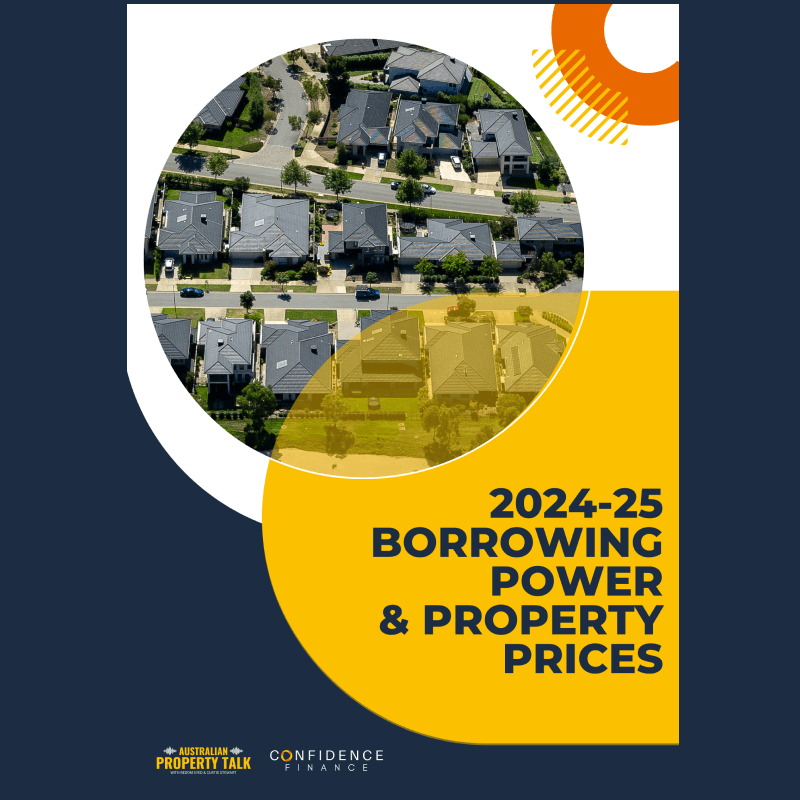Home Loans Made Easy
We educate you about home loans, deliver market leading customer service & make your home buying journey simpler
Speed: Get Approved Fast
Quality: Work with Award Winning Brokers
100% Digital: Your Data Protected
Confidence are EDUCATION & SERVICE Brokers
We make the home loan process simpler & faster in 4 steps

We’ll advise you inside 90 seconds if we’re the right fit for you.

Book a chat, we’ll deliver quality credit advice & give you the clarity you need. With a team of 12+ credit superstars, we get you the results you need quickly.

Once a plan is approved, our best in class tech, people & processes will get your loan submitted. 100% digitally, with speed & accuracy to get you results.

With a 99%+ approval rating, we deliver what we say we can. Quickly. You’ll be updated every step of the way.
There’s 100s of brokers out there. Why Confidence?
‘Home Loans Don’t Need to Be Stressful, Slow & Confusing.
Our 5 service pillars help get you results securely.
We return calls quickly, and answer emails promptly. Have an urgent pre-approval need – get it done with Confidence.
We pride ourselves on being available. 7 days. With a team of specialists servicing you, we are always here to help you.
We are one of Australia’s ONLY brokers to settle $1bn in home loans. That’s 1000s of clients across Australia. This means quality advice, delivered efficiently.
We are one of Australia’s ONLY brokers to settle $1bn in home loans. That’s 1000s of clients across Australia. This means quality advice, delivered efficiently.
We are one of Australia’s ONLY brokers to settle $1bn in home loans. That’s 1000s of clients across Australia. This means quality advice, delivered efficiently.
Numbers are
our friend
Approval Rating
Lenders Used
In Loan Lodgements
Knowledge Base Hub

Australian Property Talk
At Australian Property Talk, two ex-Treasury Economists have a chat about all things Aussie Real Estate.

Get Free E-Book Download
Our FREE e-book will go through how borrowing power could change in 2024-2025 from tax cuts, rate cuts & lending changes
Testimonials
We are 6 x Top 100 Mortgage Brokers in Australia
.png?width=1745&height=323&name=Awards%20(1).png)
